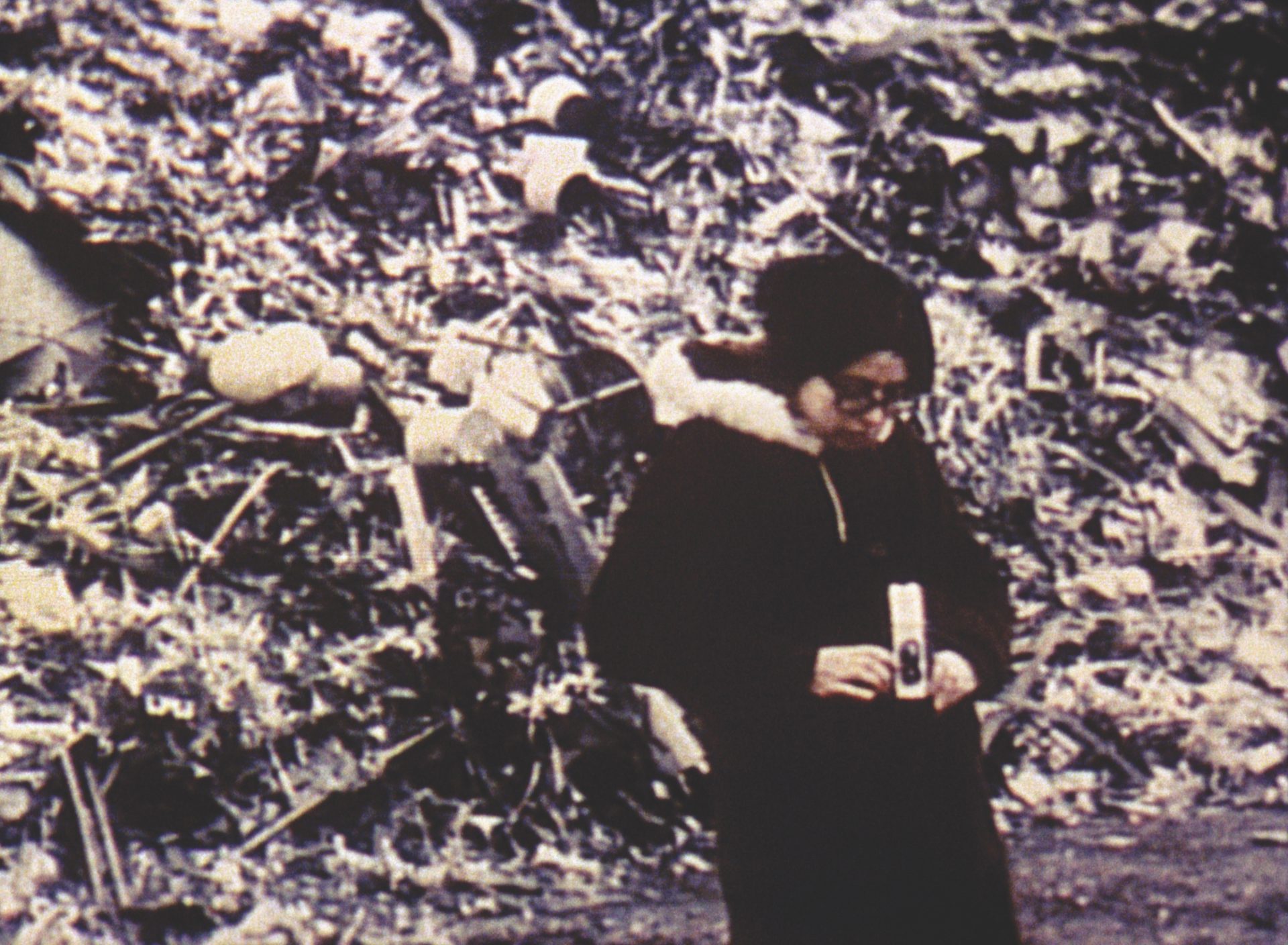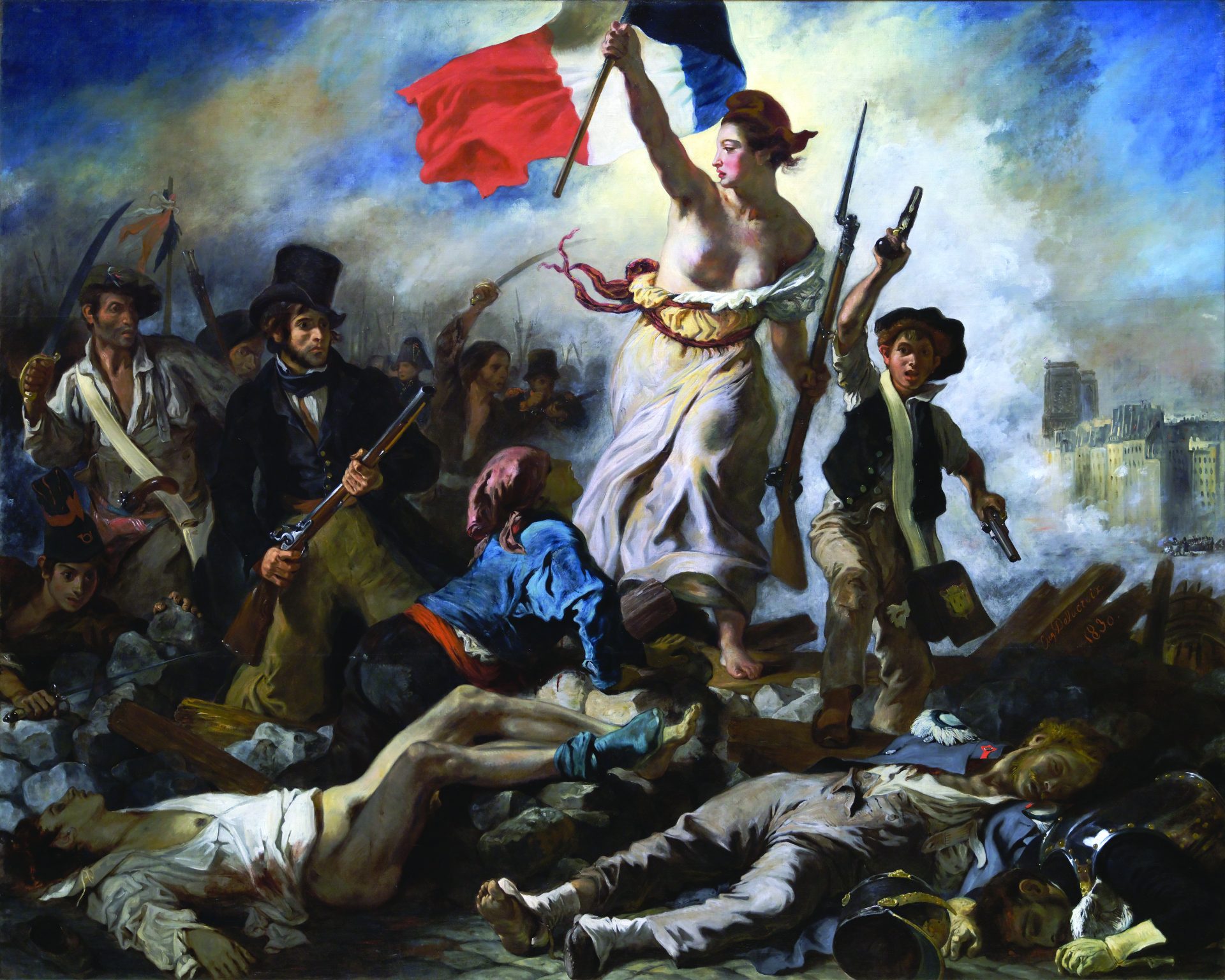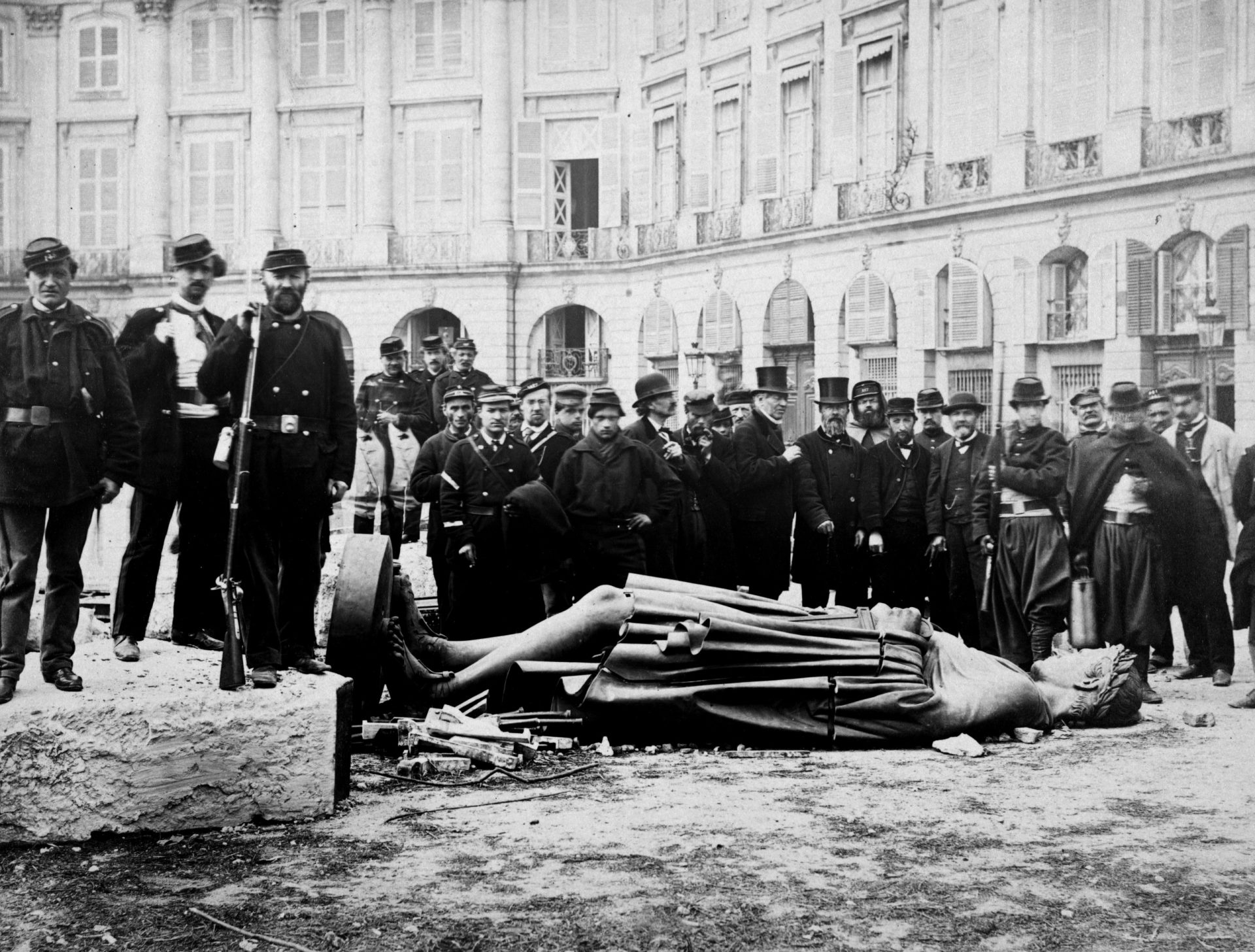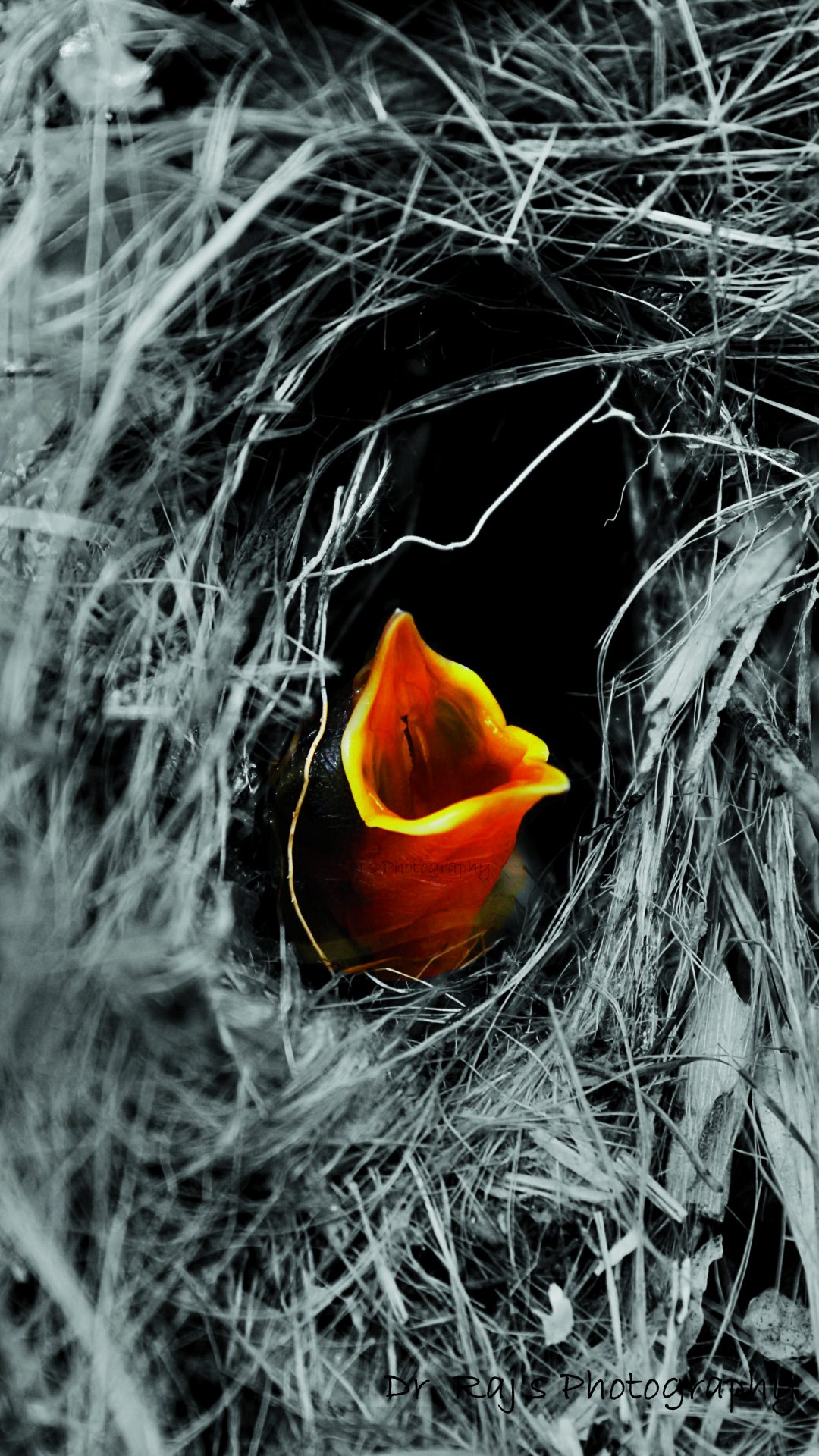WHAT DO BABIES SMELL LIKE? The correct answer is Johnson & Johnson. The company put a lot of money into creating its signature scent—which consists of more than two hundred ingredients and is among the most recognized fragrances in the world—because of the well-established hold of smell on memory and memory on behavior. In more […]
- print • Summer 2025
- print • Spring 2025
WHEN SARAH SCHULMAN WALKED INTO MY APARTMENT, a month or so after Artforum magazine fired me in October 2023 for publishing an open letter in support of Palestinian liberation, her first words were, “How can I help?” I think this is the most ethical sentence in the English language. She said it like she meant […]
- print • Spring 2025
HISTORICAL FIGURES re-emerge into public attention according to a quasi-astrological logic. Before she fell into relative obscurity, Andrée Blouin was a luminary of the African decolonization movement of the 1950s and ’60s—beautiful, glamorous, and gifted with an acute understanding of power. She was in the right places at the right times: she first became politically […]
- print • Spring 2025
There is by now a vibrant and contentious literature on the relationship between political change and mental illness. Does despair breed compliance, or can you fight back harder the less you have to lose? Could a shared cause of psychological suffering become a cause, rallying and even sustaining the sufferers? Must a mind unhinge itself […]
- print • Spring 2025
AN OVERPOWERED REBEL casts his eyes up in terror at the warrior ripping him away from his grieving mother. Survivors on a corpse-covered raft at sea, dispatched by a vicious colonial government and abandoned by their superiors, stretch desperate hands toward the horizon, where a rescue may or may not be approaching. A peasant rebellion […]
- print • Spring 2025
GUY DEBORD PUBLISHED The Society of the Spectacle in 1967 while shepherding the original Situationist International in Paris, a collective shimmy that tumbled into the protests of May 1968. This era has become a frozen plot point in the Wiki of the left while its theoretical leader remains, somehow, under-consulted. British art historian T. J. […]
- print • Winter 2025
AS NEWS BROKE that a ceasefire agreement—tenuous, immediately delayed by Israel—had been signed, celebrations filled Gaza’s streets. People allowed themselves to take in this victory: the naked force of the entire West had failed, for over a year, to break their will. When news of the ceasefire reached me, via phone notification, I started crying. […]
- print • Fall 2024
ISN’T MODERN SOCIETY A FUCKING DRAG? Don’t you want to smash it? Don’t you want to create your own life instead of slogging to a job you hate, watching the rich live more vibrantly on tiny screens? There are people in history who did precisely that. They usually ended up shot in the streets, but […]
- print • Fall 2024
SIX MONTHS AGO, I was sitting in the San Jose kitchen of a woman I was trying to like. We were new friends, and I had been invited to dinner. As she flitted around me cooking, her young son would occasionally appear at my elbow and then disappear into the living room in a peal […]
- print • Fall 2024
RICHARD BECK WAS FOURTEEN WHEN THE PLANES HIT, the impact sites in Manhattan, Arlington, and Shanksville forming a triangle surrounding the Philadelphia suburb in which he grew up. In early October 2001, on a school choir trip to Manhattan, he saw two young women in the alto section tearfully embrace at the announcement of the […]
- print • Fall 2024
JAMIE HOOD: Hello! CHARLOTTE SHANE: Hi! You look gorgeous—make sure to put that in. HOOD: Oh, I will. An Honest Woman (Simon & Schuster, $26) is a sort of origin story, about the boys you grew up with and the cultural milieu of your youth, as well as an erotic Bildungsroman that eventually traces your […]
- print • Fall 2024
FOR A YEAR, ISRAEL HAS TARGETED doctors, mosques, mothers, fathers, churches, journalists, hospitals, toddlers, cats, horses, apartment complexes, and universities in Gaza. It has aired the torture of Palestinians on national television. Many have articulated this point: we are witnessing the first live streamed genocide. I come across a photo of a man bursted under […]
- print • Summer 2024
“IF YOU WANT A HAPPY ENDING,” Orson Welles once quipped, “that depends, of course, on where you stop your story.” But sometimes, it’s not that the story stops so much as that the audience stops paying attention. This might be one way to think of #MeToo, which, in the years since it has faded from […]
- print • Summer 2024
AS WITH JUST ABOUT EVERY deep, wide, and candid account of American life, race all but saturates When the Clock Broke, John Ganz’s trenchant look-back-in-incredulity at American political culture in the early 1990s. Then, as now, race is the elephant in the national living room that many white voters wish they could look away from […]
- print • Spring 2024
AARON BUSHNELL WAS a twenty-five-year-old active Air Force member, employed as a cybersecurity expert. After growing up in a conservative religious sect on Cape Cod, he joined the US military a few years after Donald Trump was elected. Soon after George Floyd was murdered, Bushnell had a political awakening, became critical of the military, and started participating in mutual-aid projects. An autodidact who eventually identified as an anarchist, Bushnell moved from San Antonio to Ohio, where he prepared to transition out of the military. You likely know how his story ended: on Sunday, February 25, 2024, he died by self-immolation outside
- print • Spring 2024
WANT TO FEEL OLD? Some Americans born during the 2008 financial crisis will be getting their driver’s licenses this year. These youngest Zoomers have never known an America where serious people think that the free market can work without significant government intervention, and they’ve likely known the names Elizabeth Warren, Bernie Sanders, and Alexandria Ocasio-Cortez for as long as they’ve been politically aware. They have never believed capitalism would deliver for them, never experienced the disillusionment of seeing it fail for the first time, and never known the thrill of seeing it challenged by upstart politicians or the disappointment of seeing
- print • Winter 2024
AGAINST MY BETTER JUDGMENT, I opened Twitter on an evening walk. The first thing I saw was about a twenty-three-year-old Palestinian in Turkey who had died of a heart attack after being unable to reach her family in Gaza. I despaired, of course. There are many ways to kill a people without pulling the trigger. I thought of Etel Adnan’s words: “How not to die of rage?” When protests erupted globally as Israel escalated its bombardment of Gaza, comparisons to the Iraq war were everywhere; and so, as I witness unfathomable violence, and I ache, I remember Adnan’s In the Heart
- review • December 11, 2023
For Naomi Klein’s admirers, and I count myself among them, there would never be any risk of confusing her with Naomi Wolf. For nearly a quarter century, Klein’s work has offered clarifying conceptual frameworks to understand the workings of power, guided by an investment in movement politics and an unapologetic anticapitalism. She has the capacity to make socialist principles accessible—meme-able even—without moralizing or sacrificing rigor. She also has a canny knack for capturing the zeitgeist, crystalizing ideas attuned to a given historical moment that serve to galvanize activists as much as scholars. Naomi Wolf, on the other hand, is a
- print • Fall 2023
WHEN HOMER SIMPSON wakes up gray in the face one morning, poisoned by a long-spoiled sandwich, it’s not because the ten-foot hoagie was never nourishing. It is Homer’s pathological reluctance to let go that pits him against his own stomach. Cradling the sandwich’s putrefied remains in the sickbed to which it has condemned him, Homer “can’t stay mad” at the snack so large it once seemed it would just keep giving. The emotional life of the political left, according to many of its theorists, can often, in this sense, feel Homeric. From Benjamin, Adorno, and Marx to Wendy Brown, Enzo Traverso,
- print • Summer 2023
CRYPTOCURRENCY’S BLEND OF OPAQUE TECHNICAL JARGON, obtuse regulatory schema, and flagrant gambling has, since its inception, made it a magnet for characters you could generously call “colorful.” This was the case in 1992 when a squad of anarcho-libertarian Neal Stephenson fans first started gossiping about the idea on the cryptography listserv “Cypherpunks.” It was likewise true in 2008 when someone (or multiple people) using the moniker Satoshi Nakamoto sicced Bitcoin on the internet. Nakamoto—speculated, at various points, to be a Rhodesian cartel boss, a Palm Beach County detective who died gruesomely in 2013, and a libertarian model-train collector with the misfortune















